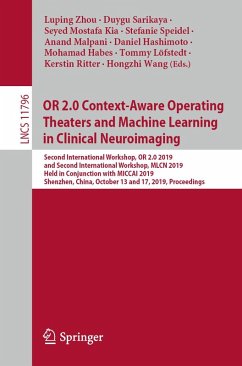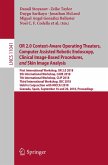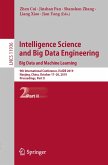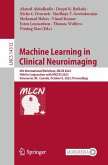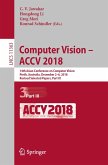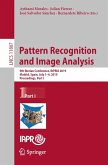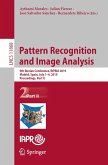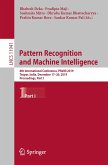For OR 2.0 all 6 submissions were accepted for publication. They aim to highlight the potential use of machine vision and perception, robotics, surgical simulation and modeling, multi-modal data fusion and visualization, image analysis, advanced imaging, advanced display technologies, human-computer interfaces, sensors, wearable and implantable electronics and robots, visual attention models, cognitive models, decision support networks to enhance surgical procedural assistance, context-awareness and team communication in the operating theater, human-robot collaborative systems, and surgical training and assessment.
MLCN 2019 accepted 6 papers out of 7 submissions for publication. They focus on addressing the problems of applying machine learning to large and multi-site clinical neuroimaging datasets. The workshop aimed to bring together experts in both machine learning and clinical neuroimaging to discuss and hopefully bridge the existing challenges of applied machine learning in clinical neuroscience.
Chapter 5 is available open access under a Creative Commons Attribution 4.0 International License via Springerlink.
Dieser Download kann aus rechtlichen Gründen nur mit Rechnungsadresse in A, B, BG, CY, CZ, D, DK, EW, E, FIN, F, GR, HR, H, IRL, I, LT, L, LR, M, NL, PL, P, R, S, SLO, SK ausgeliefert werden.

